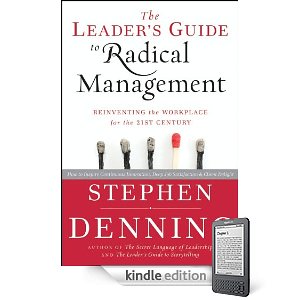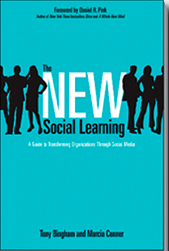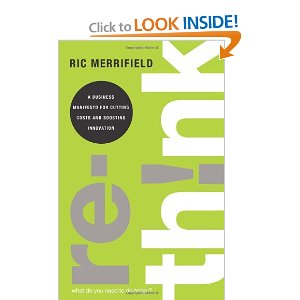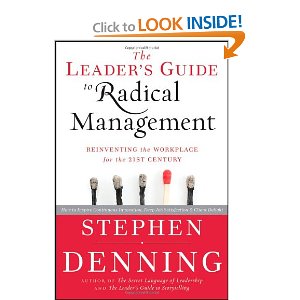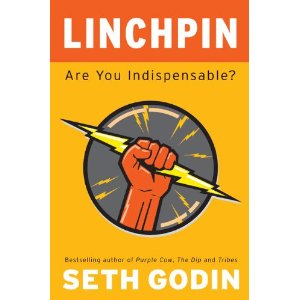
Amazon Exclusive: Hugh MacLeod Reviews Linchpin
Hugh MacLeod is an artist, cartoonist, and Web 2.0 pundit whose blog, gapingvoid.com, has two million unique monthly visitors. His first book, Ignore Everybody, was an Amazon Top Ten Business Book of the Year and a Wall Street Journal bestseller. Read his exclusive Amazon guest review of Linchpin:

This is by far Seth’s most passionate book. He’s pulling fewer punches. He’s out for blood. He’s out to make a difference. And that glorious, heartfelt passion is obvious on every page, even if it is in Seth’s usual quiet, lucid, understated manner.
A linchpin, as Seth describes it, is somebody in an organization who is indispensable, who cannot be replaced—her role is just far too unique and valuable. And then he goes on to say, well, seriously folks, you need to be one of these people, you really do. To not be one is economic and career suicide.
No surprises there—that’s exactly what one would expect Seth to say. But here’s where it gets interesting.
In his best-known book, Purple Cow, Seth’s message was, “Everyone’s a marketer now.” In All Marketers Are Liars, his message was, “Everyone’s a storyteller now.” In Tribes, his message was, “Everyone’s a leader now.”
And from Linchpin?
“Everyone’s an artist now.”
Continue reading “Review (Guest): Linchpin–Are You Indispensable?”

